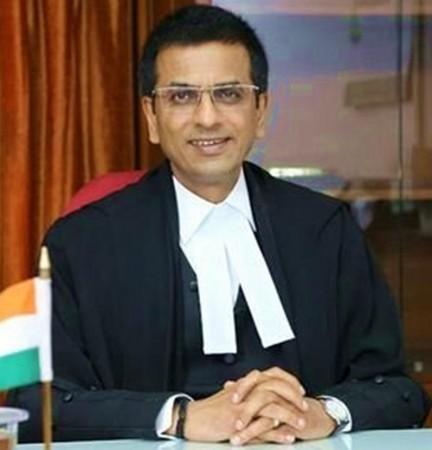
Six years after the electoral bond system was introduced in 2018 by the Modi-government, India's Supreme Court unanimously struck it down as "unconstitutional." But since 2018 and until March 2022, secret donors have donated nearly Rs 16,000 crore or $1.9 billion to political parties through them, says the data by the Association for Democratic Reforms (ADR). Of the Rs 16,000 crore, a staggering majority of 57% went to BJP, the report claims.
Asking the SBI (State Bank of India), the only bank controversially authorized to issue the bonds, the Supreme Court said that the SBI would forthwith stop the issuance of electoral bonds. In the landmark judgment that will likely shape the upcoming Lok Sabha polls, CJI Chandrachud also ordered the ECI to publish on its official website the details of the political parties that have received contributions through electoral bonds since April 2019. The SC has given the deadline of March 13 to ECI for the same.
Those who welcomed the decision
In a move to keep the lethal combination of politics and money apart, the Supreme Court's decision is being viewed as a big blow to the Modi government. On social media and through media interactions, several retired Supreme Court judges and former Chief Elections Commissioners of India have welcomed the move.
For most of those who have been against opacity in political funding, Electoral Bonds were viewed as an anonymous blackhole of corruption and money laundering. Even though the political parties are required to reveal the names of all the donors donating more than Rs 20,000, so far this has never been done.
It is not just the ability to donate money anonymously to political parties that makes the scheme undemocratic in nature; it is also that SBI, being a public bank, has to give complete and undeclared access to its data to the government. Also, the previous law, putting a limit on corporate funding, was done away with by the Modi government.

Even though electoral bonds are technically anonymous, SBI being a public sector bank effectively gives the governing party undeclared access to its data, which is likely to dissuade funding from the opposition, the mainstay of any democracy. The move has been welcomed by activists, non-government organizations working against corruption, and those vocal against the policies of the current regime.
The Supreme Court verdict striking down the electoral bonds as unconstitutional is "a great boon for democracy," former Chief Election Commissioner SY Quraishi said. "It is the most historic judgment that we have gotten from the Supreme Court in the last 5-7 years. It is a great boon for democracy. We were all concerned about it for so many years. Everyone who loves democracy was protesting about it. I myself wrote several articles and spoke to the media many times.
"It is the most historic judgment that we have gotten from the Supreme Court in the last 5-7 years. It is a great boon for democracy. We were all concerned about it for the last so many years...everyone who loves democracy was protesting about it. I myself wrote several articles and spoke to the media many times. And every issue that we had raised, has been tackled in this judgment," he said in a video message on social media.
Congress can operate its frozen accounts
A day after the SC struck down electoral bonds, the Income Tax Department froze all the bank accounts of India's main opposition party, the Indian National Congress.
On Friday, Congress treasurer Ajay Maken held a press conference and alleged that the IT-Dept working at the behest of the Union, gave the direction to freeze Congress party's bank accounts were frozen and its cheques were not being honored. He also said that the freeze may affect the ongoing Rahul Gandhi's Bharat Jodo Nyay Yatra.
Hours after Maken's statement, the tax tribunal said there were no restrictions on the party accessing its bank accounts. Vivek Tankha, Rajya Sabha MP and lawyer, said he appeared for the Congress party before the Income Tax Appellate Tribunal bench of Delhi. He argued that if its accounts were frozen, the party would not be able to participate in the upcoming Lok Sabha elections.








![Nothing to open its first global flagship store in THIS Indian city [details]](https://data1.ibtimes.co.in/en/full/827007/nothing-open-its-first-global-flagship-store-this-indian-city-details.png?w=220&h=138)



